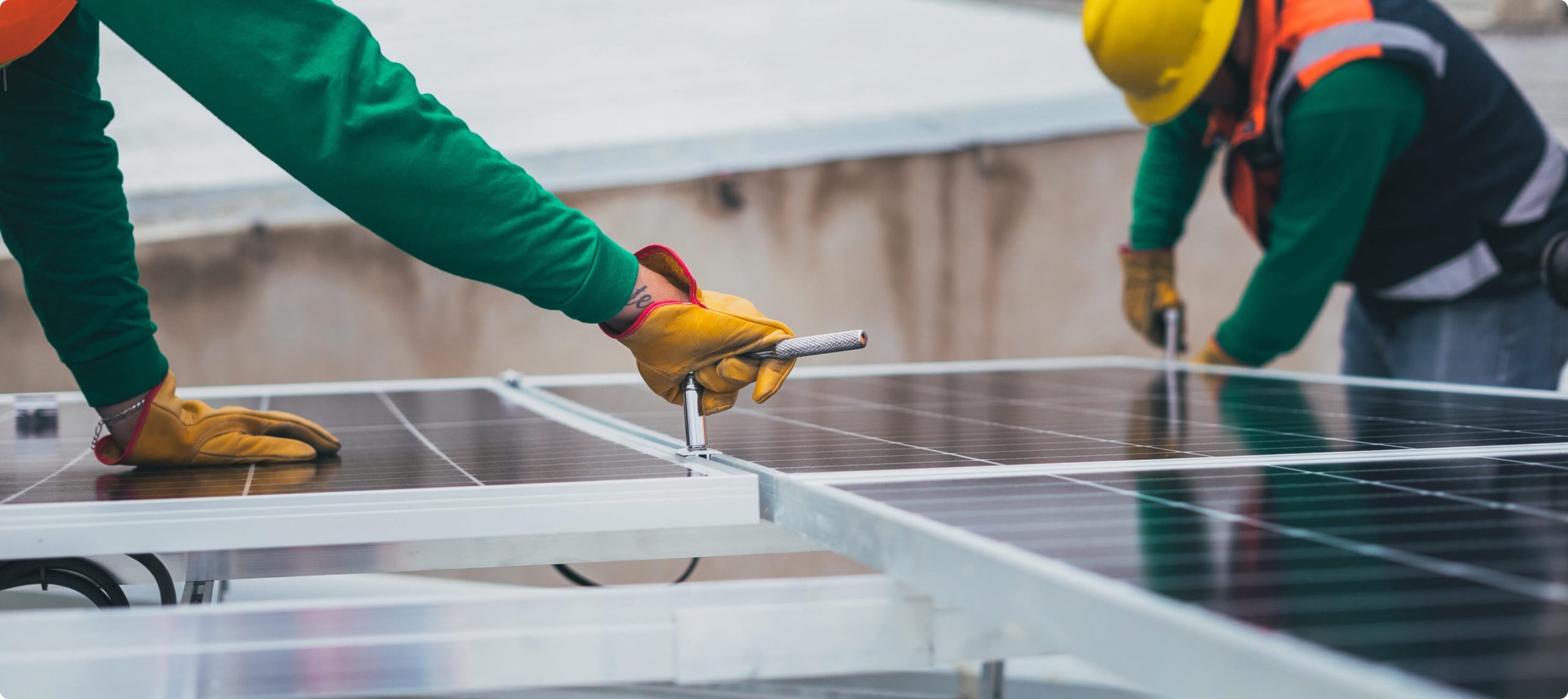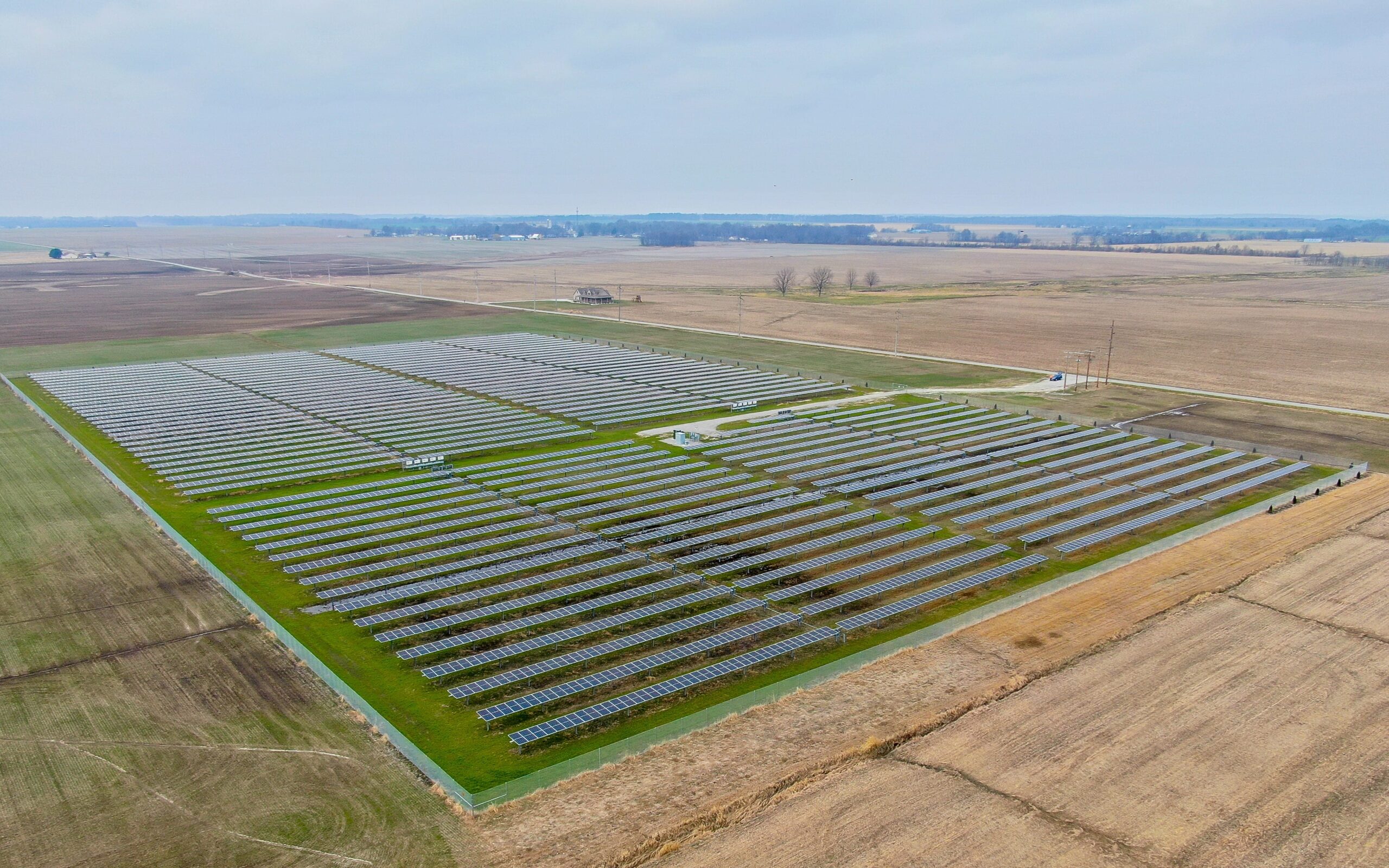Month: July 2020
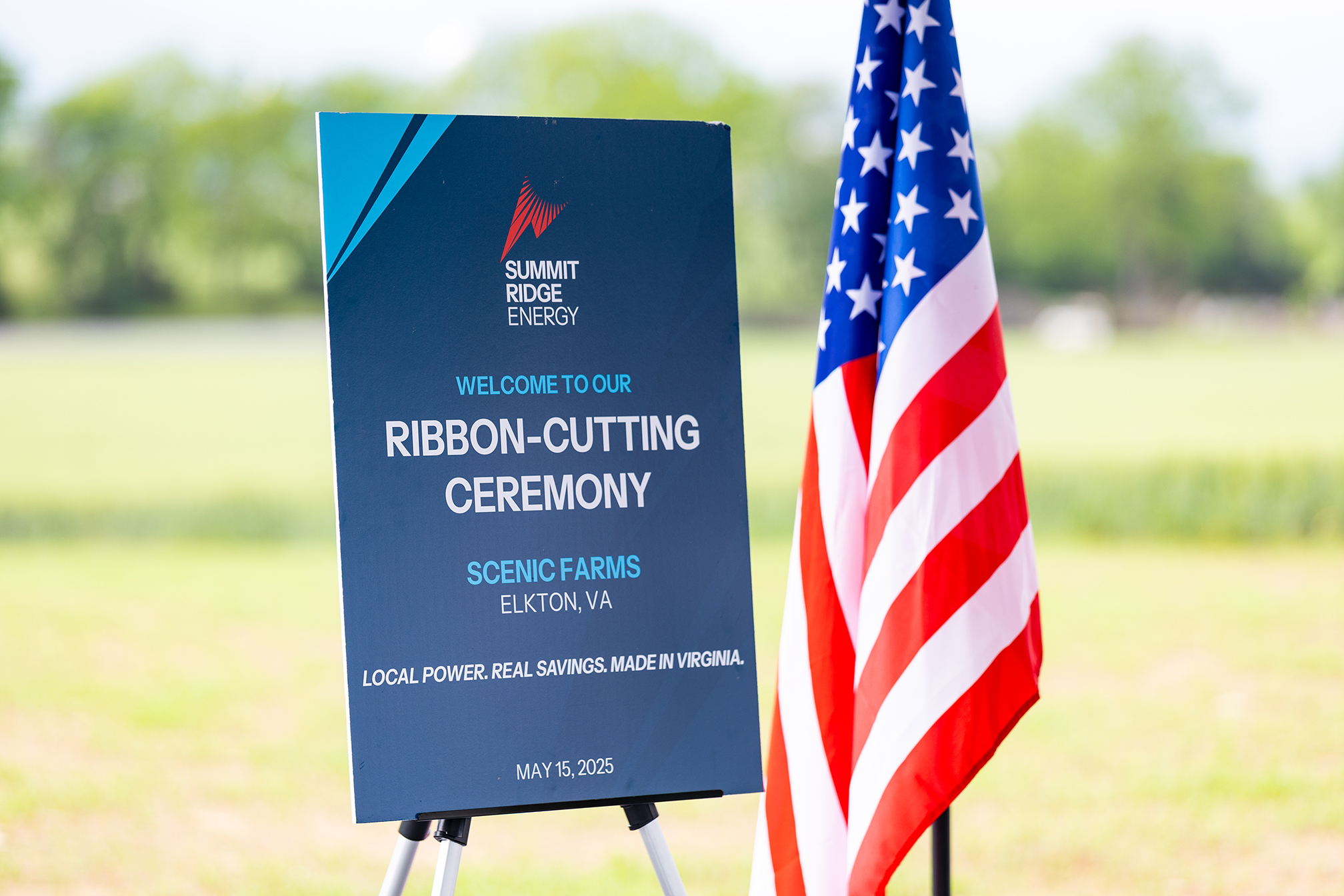
A Day to Remember in Virginia: Celebrating Scenic Farms and the Power of Partnership
Morning Momentum: Collaboration and Community Engagement On May 15, the Summit Ridge team gathered in Elkton, Virginia, for a special day that brought together community leaders, project partners, and employees to celebrate a major milestone: the launch of our Scenic Farms solar site. The morning kicked off with a ribbon-cutting ceremony on-site at Scenic Farms, […]

Solar Powers Illinois: Faces of Solar – Mark Raeder, Founding Principal, Summit Ridge Energy
Few people have had as significant an impact on the Illinois solar industry as Mark Raeder, a founding Principal of Summit Ridge Energy. Mark Raeder was among the most impactful people in Illinois’ solar industry. Anywhere you look across the Illinois solar industry – whether that is developing solar installations, shaping impactful legislative policy, or […]
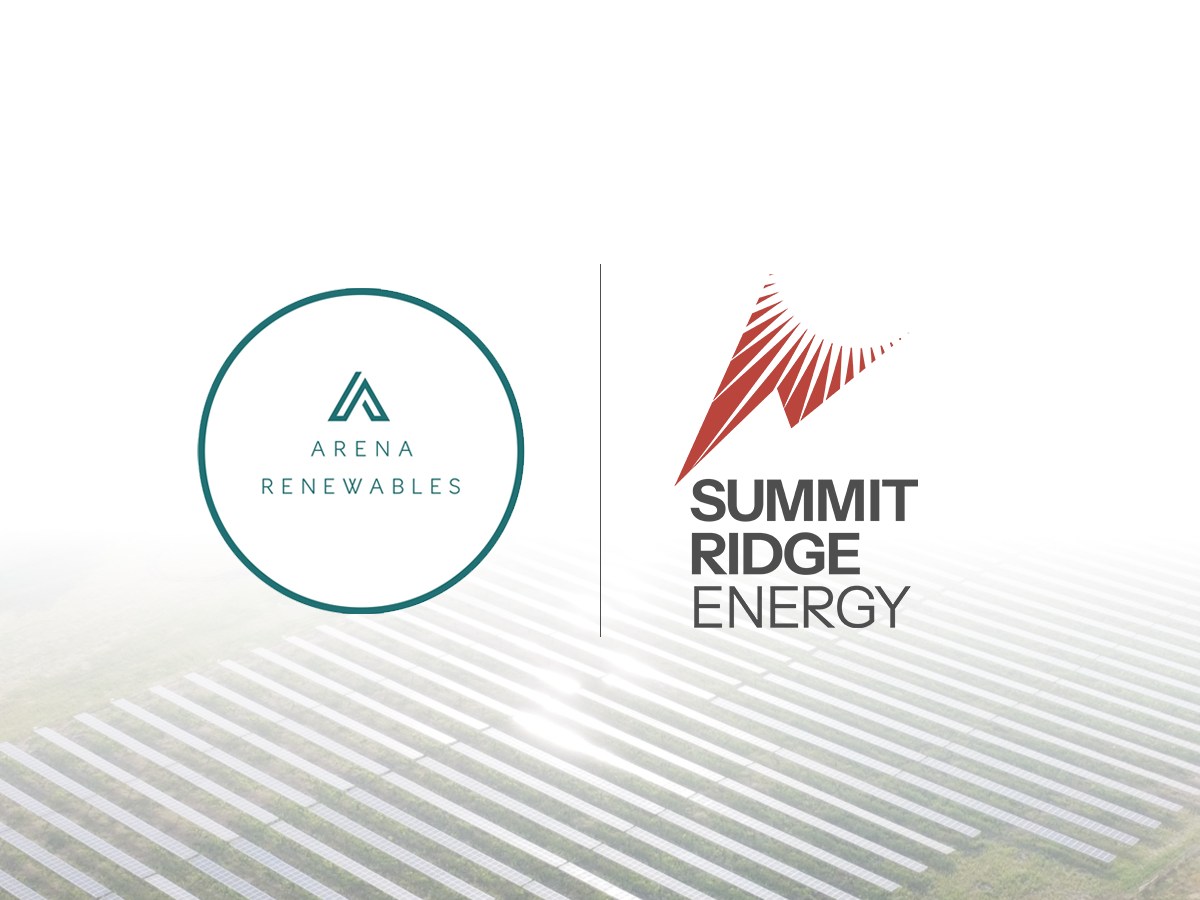
Arena Renewables Completes Sale of 40MW Illinois Solar Portfolio to Summit Ridge Energy
CHICAGO, IL [May 28, 2025] – Arena Renewables LLC (Arena), a leading community and distributed solar and storage developer, announced today the sale of six Illinois remote crediting solar projects to Summit Ridge Energy, a leading developer and owner-operator of commercial solar projects. The portfolio, which totals roughly 40 megawatts (MW) of installed capacity, will […]
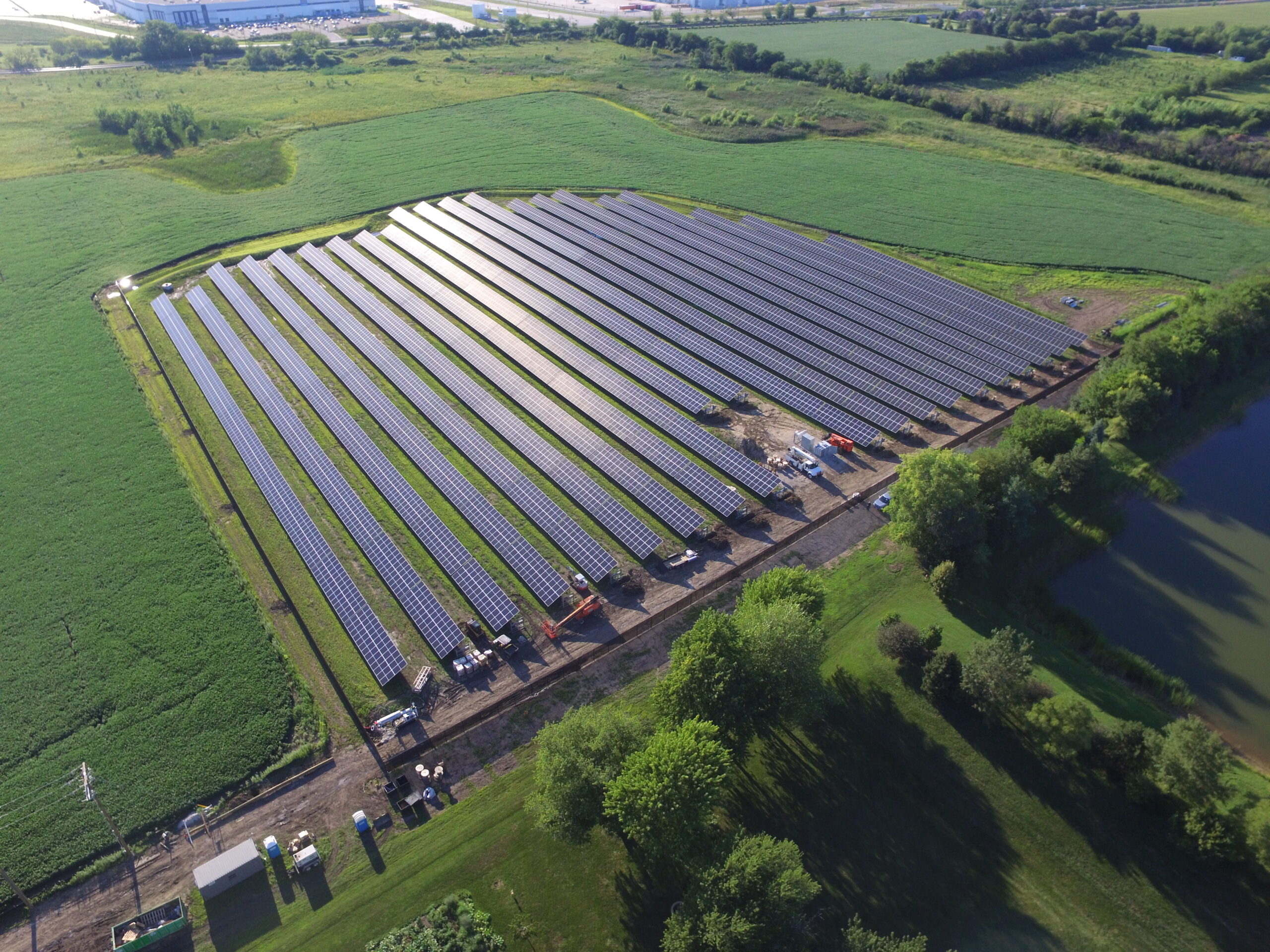
Solar Power World: Summit Ridge Energy building 5.1-MW solar project supporting Illinois data centers
Commercial solar contractor Summit Ridge Energy is working with Digital Realty to deliver 5.1 MW of solar energy annually for the data center company’s operations. With this purchase, Digital Realty, which provides of cloud- and carrier-neutral data center solutions, will advance its sustainability objectives. This agreement includes both savings on energy costs and the purchase of renewable […]

Summit Ridge Energy Announces Solar Energy Agreement with Digital Realty to Power Data Centers in Illinois
Agreement delivers 5.1 MW of solar energy annually to Digital Realty, supporting their carbon offset goals Calvert – Speedway, a Summit Ridge Energy 2.4 MW solar project in Elwood, IL. ARLINGTON, VA (May 22, 2025) – Today, Summit Ridge Energy, the nation’s leading commercial solar company, announced a partnership with Digital Realty (NYSE: DLR) to […]
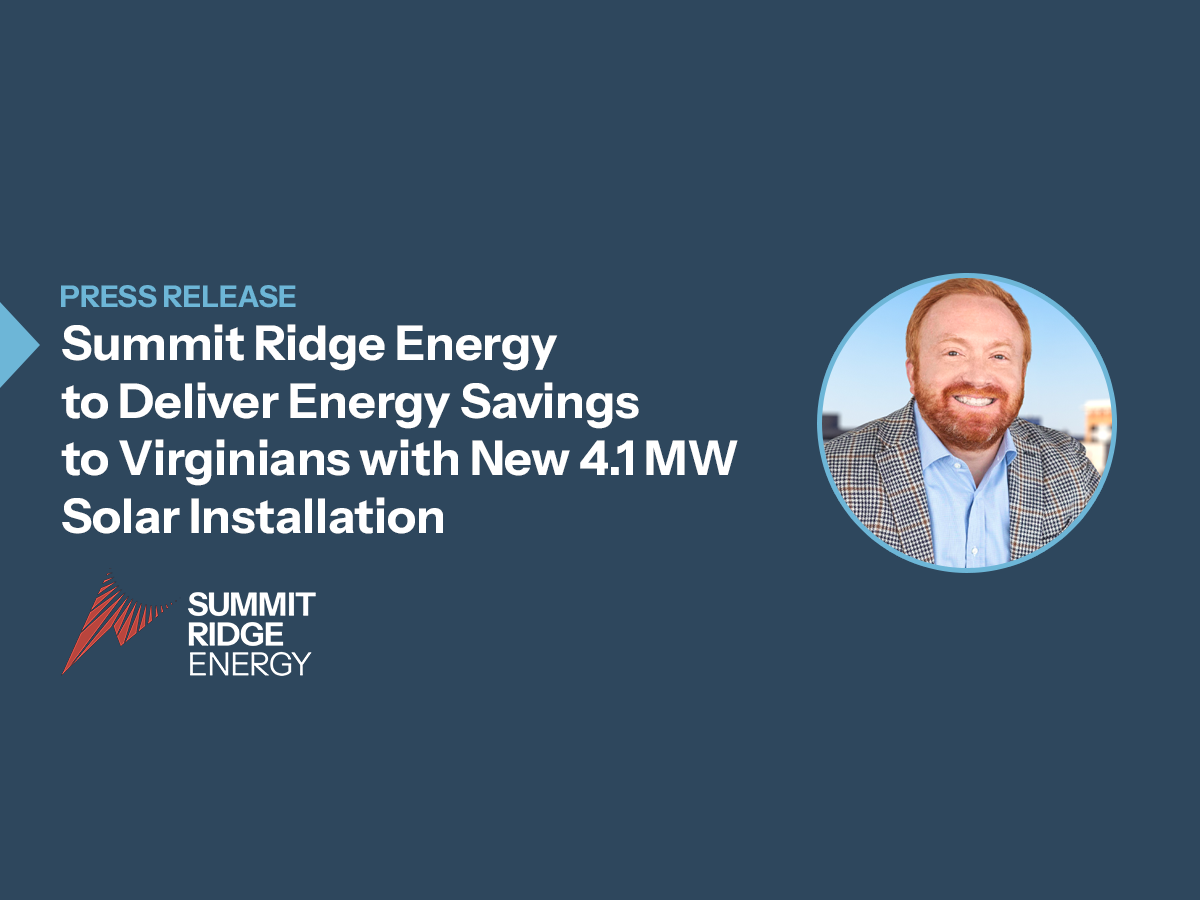
Summit Ridge Energy to Deliver Energy Savings to Virginians with New 4.1MW Solar Installation
The Shared Solar Project is part of an initial 100 MWs of energy Summit Ridge, the largest developer of solar in Virginia, is adding to the Dominion Energy grid An aerial view of the 4.1 MW Scenic Farms Solar Facility located in Elkton, Virginia near the foothills of the Shenandoah Mountains. ELKTON, VA (May 15, […]

